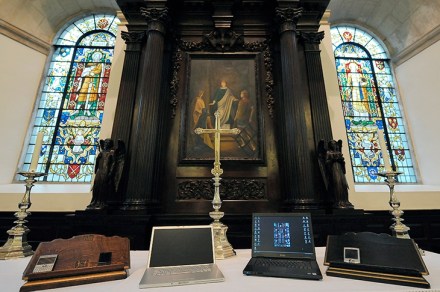Easter special: how forgiveness was forgotten
36 min listen
This week: how forgiveness was forgotten, why the secular tide might be turning, and looking for romance at the British museum. Up first: The case of Frank Hester points to something deep going on in our culture, writes Douglas Murray in the magazine this week. ‘We have never had to deal with anything like this before. Any mistake can rear up in front of you again – whether five years later (as with Hester) or decades on.’ American lawyer and author of Cancel Culture: the latest attack on free speech, Alan Dershowitz, joins the podcast to discuss whether forgiveness has been forgotten. (02:11) Then: Will and Lara take us through some




